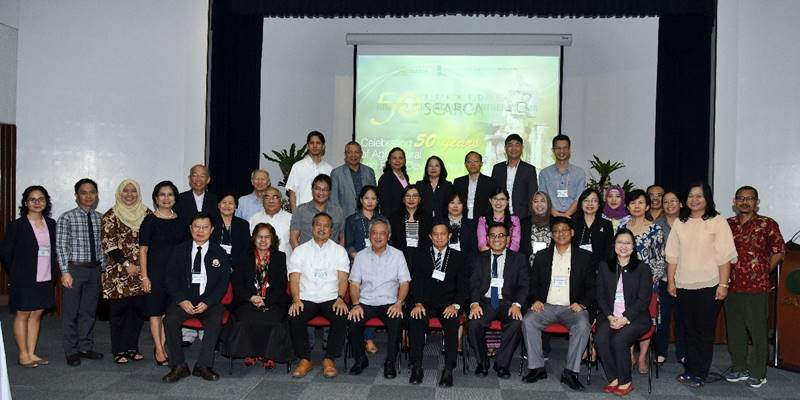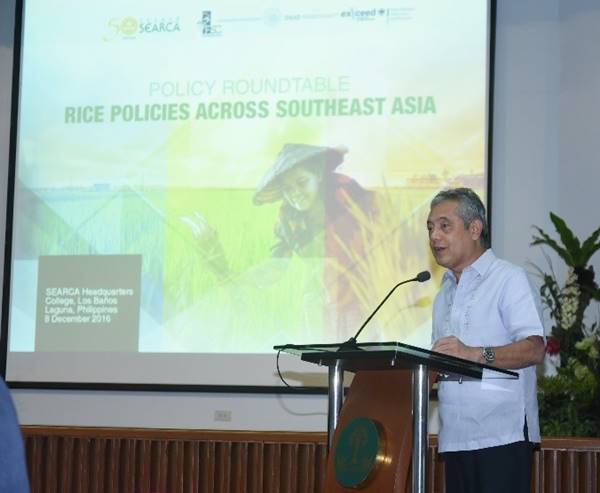
SEARCA Director, Dr. Gil C. Saguiguit, Jr., emphasized the major role rice plays in agricultural and rural development of countries within Southeast Asia during his welcome remarks. He also cited the importance of closing the knowledge and policy gaps at the national and regional levels as a key factor toward a resilient rice market.
Representatives from various rice-importing and -exporting countries in Southeast Asia presented papers to provide an overview of their respective rice industries, as well as to share their country experiences and existing rice policies. One of them is Dr. Tin Htut, Permanent Secretary of the Ministry of Agriculture, Livestock and Irrigation (MoALI) of the Republic of the Union of Myanmar, who was also given a special citation during the Regional Forum on Farms, Food and Futures: Toward Inclusive and Sustainable Agricultural and Rural Development (ISARD) in Southeast Asia, held at SEARCA on 7 December 2016.
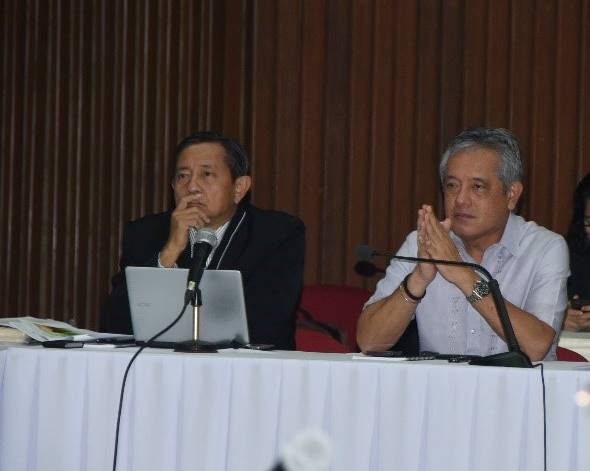
Moreover, stakeholders from the private sector, civil society, and research community participated in the event. Mr. Henry Lim Bon Liong, CEO of SL Agritech, one of the Philippines largest private rice companies, also shared his experiences in the rice industry, particularly on hybrid rice, and emphasized the need for constant innovation through research and development to complement the subsidies being provided by the governments to their farmers. Dr. Paul S. Teng, Adjunct Senior Fellow of S. Rajaratnam School of International Studies and SEARCA Senior Fellow, on the other hand, represented the research community and provided his perspective on the issue of food security. Dr. Teng explained the difference between food self-sufficiency and food self-reliance. He also pointed out the increasing importance of the information and communications technology (ICT) to agriculture as well as urban farming. Finally, he cited that sustainability in rice farming is influenced by three important factors: people, environment, and governance.
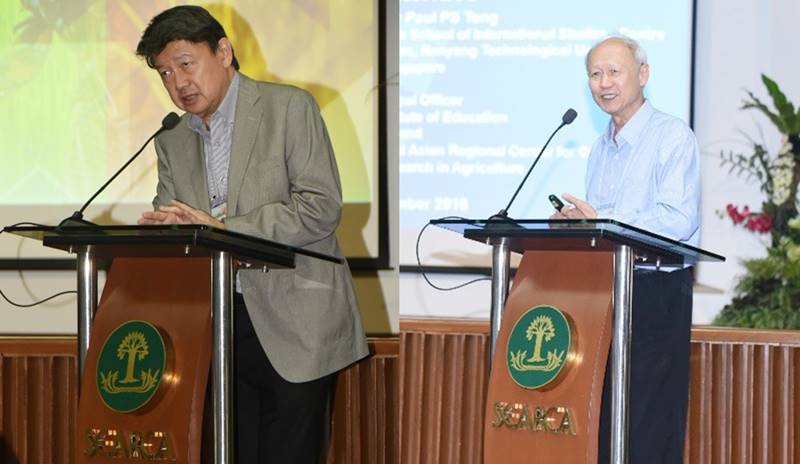
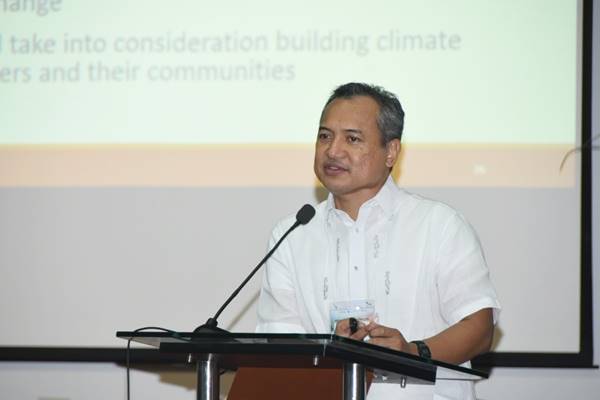
To close the event, Dr. Roehlano M. Briones, Research Fellow from the Philippine Institute for Development Studies (PIDS), who served as the event's Technical Coordinator, presented his synthesis of the policy roundtable, which recommended focusing on empowering the farmers and the private sector by re-orienting subsidies to provide start up support for farmers to become agri-entrepreneurs. It is also recommended for governments to focus their investments towards public goods such as R&D, extension activities, development and adoption of new technologies, information systems, provision of business services, and capacity building for industry stakeholders, in order to meet the challenges of global competition and climate change. Finally, Dr. Briones also called for a single market and single production based on the spirit of the ASEAN Economic Community (AEC) by continuing trade integration and competitiveness initiatives for rice, building confidence in regional trade, and engaging actively in regional cooperation initiatives in food security, particularly in the area of information and emergency reserves.
Since 2004, SEARCA has conducted series of policy roundtables to serve as venue to discuss policy instruments and identify collaborative strategies in agricultural and rural development to address contemporary issues on poverty and food and nutrition insecurity in Southeast Asia. (Bernice Anne C.Darvin)
